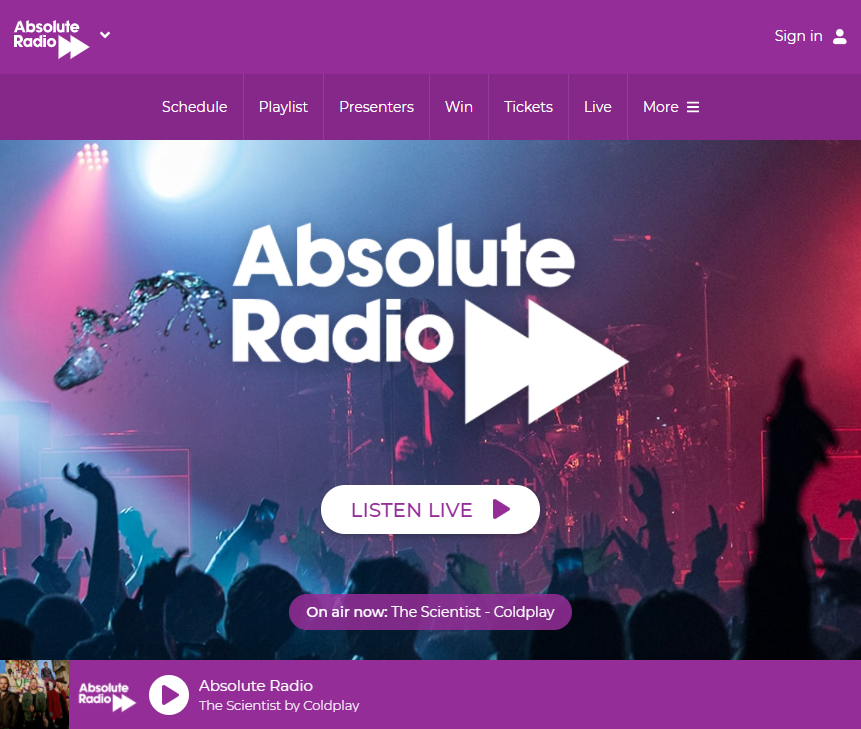
Source
Thanks to the patience and intuition of Luke Owen, defined by The Guardian as a “musical archivist”, it is possible to relive the atmosphere of London in the Eighties by listening to the commercials aired by London pirate radio stations between 1984 and 1993, which have been collected on two CDs. Owen in fact recorded the free-range and unprofessional commercials that were aired and that, given the lack of professionalism, were considered a boring interlude between one song and another. And yet, listening to them again, one finds a London that has disappeared, in an era in which there was no web, and in which listeners, in order to be informed about the musical events taking place in the city, had pirate radio stations as their only resource: programming of public or official radio stations was only musical, aiming at the English middle class and did not represent the different ethnic groups present in the capital.
Space also for minorities

Source
Thus are curious the advertisements in Greek, the news about raves or the advertisements of stores that allow to reconstruct a map of alternative shops. The two CDs are published by the London label founded by Owen: “Death Is Not the End“, which is also the name of a program broadcast online by the London internet radio station NTS Radio.
More details in the Guardian article.





